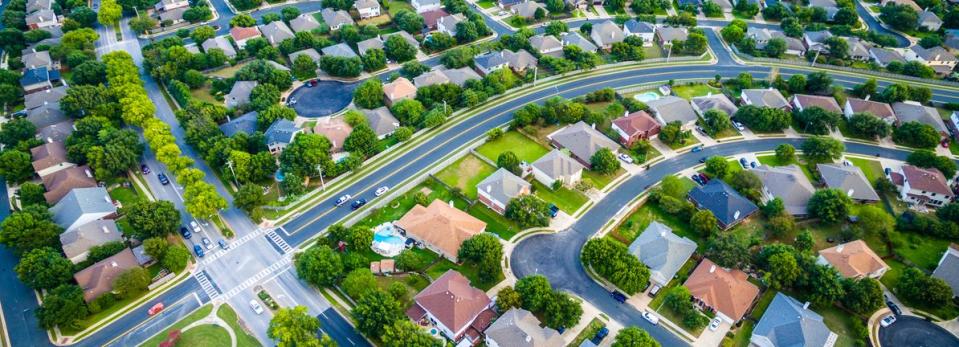Here's Why China Yuanbang Property Holdings (SGX:BCD) Can Manage Its Debt Responsibly

Legendary fund manager Li Lu (who Charlie Munger backed) once said, 'The biggest investment risk is not the volatility of prices, but whether you will suffer a permanent loss of capital.' So it seems the smart money knows that debt - which is usually involved in bankruptcies - is a very important factor, when you assess how risky a company is. We can see that China Yuanbang Property Holdings Limited (SGX:BCD) does use debt in its business. But is this debt a concern to shareholders?
When Is Debt A Problem?
Generally speaking, debt only becomes a real problem when a company can't easily pay it off, either by raising capital or with its own cash flow. Part and parcel of capitalism is the process of 'creative destruction' where failed businesses are mercilessly liquidated by their bankers. However, a more common (but still painful) scenario is that it has to raise new equity capital at a low price, thus permanently diluting shareholders. Of course, debt can be an important tool in businesses, particularly capital heavy businesses. The first thing to do when considering how much debt a business uses is to look at its cash and debt together.
See our latest analysis for China Yuanbang Property Holdings
How Much Debt Does China Yuanbang Property Holdings Carry?
The image below, which you can click on for greater detail, shows that China Yuanbang Property Holdings had debt of CN¥761.6m at the end of March 2019, a reduction from CN¥881.7m over a year. However, it does have CN¥140.8m in cash offsetting this, leading to net debt of about CN¥620.8m.
A Look At China Yuanbang Property Holdings's Liabilities
According to the last reported balance sheet, China Yuanbang Property Holdings had liabilities of CN¥3.10b due within 12 months, and liabilities of CN¥725.5m due beyond 12 months. Offsetting this, it had CN¥140.8m in cash and CN¥62.6m in receivables that were due within 12 months. So its liabilities total CN¥3.62b more than the combination of its cash and short-term receivables.
This deficit casts a shadow over the CN¥102.3m company, like a colossus towering over mere mortals. So we'd watch its balance sheet closely, without a doubt At the end of the day, China Yuanbang Property Holdings would probably need a major re-capitalization if its creditors were to demand repayment.
We use two main ratios to inform us about debt levels relative to earnings. The first is net debt divided by earnings before interest, tax, depreciation, and amortization (EBITDA), while the second is how many times its earnings before interest and tax (EBIT) covers its interest expense (or its interest cover, for short). The advantage of this approach is that we take into account both the absolute quantum of debt (with net debt to EBITDA) and the actual interest expenses associated with that debt (with its interest cover ratio).
China Yuanbang Property Holdings's net debt is 3.1 times its EBITDA, which is a significant but still reasonable amount of leverage. But its EBIT was about 119 times its interest expense, implying the company isn't really paying full freight on that debt. Even if not sustainable, that is a good sign. Pleasingly, China Yuanbang Property Holdings is growing its EBIT faster than former Australian PM Bob Hawke downs a yard glass, boasting a 1508% gain in the last twelve months. When analysing debt levels, the balance sheet is the obvious place to start. But it is China Yuanbang Property Holdings's earnings that will influence how the balance sheet holds up in the future. So when considering debt, it's definitely worth looking at the earnings trend. Click here for an interactive snapshot.
Finally, a business needs free cash flow to pay off debt; accounting profits just don't cut it. So it's worth checking how much of that EBIT is backed by free cash flow. Over the last two years, China Yuanbang Property Holdings actually produced more free cash flow than EBIT. That sort of strong cash conversion gets us as excited as the crowd when the beat drops at a Daft Punk concert.
Our View
China Yuanbang Property Holdings's level of total liabilities was a real negative on this analysis, although the other factors we considered were considerably better In particular, we are dazzled with its interest cover. Looking at all this data makes us feel a little cautious about China Yuanbang Property Holdings's debt levels. While we appreciate debt can enhance returns on equity, we'd suggest that shareholders keep close watch on its debt levels, lest they increase. Above most other metrics, we think its important to track how fast earnings per share is growing, if at all. If you've also come to that realization, you're in luck, because today you can view this interactive graph of China Yuanbang Property Holdings's earnings per share history for free.
Of course, if you're the type of investor who prefers buying stocks without the burden of debt, then don't hesitate to discover our exclusive list of net cash growth stocks, today.
We aim to bring you long-term focused research analysis driven by fundamental data. Note that our analysis may not factor in the latest price-sensitive company announcements or qualitative material.
If you spot an error that warrants correction, please contact the editor at editorial-team@simplywallst.com. This article by Simply Wall St is general in nature. It does not constitute a recommendation to buy or sell any stock, and does not take account of your objectives, or your financial situation. Simply Wall St has no position in the stocks mentioned. Thank you for reading.

